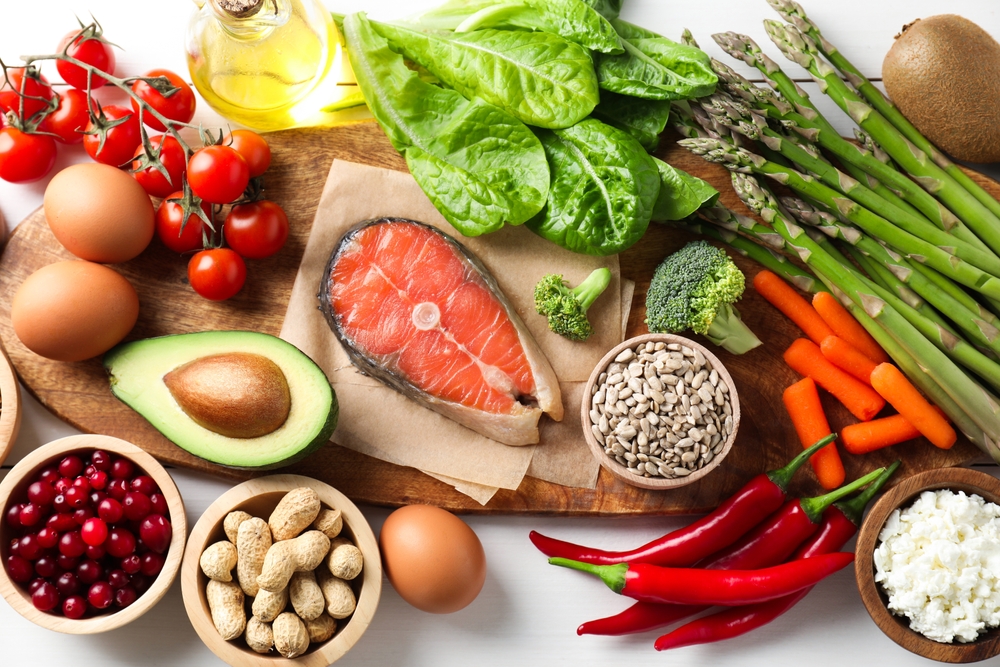Eating for Your Eyes: The Best Foods to Support Long-Term Vision Health

Eating for Your Eyes: The Best Foods to Support Long-Term Vision Health
When we think about taking care of our eyes, regular exams and protective eyewear might come to mind first. But did you know your diet plays a crucial role in supporting your vision for years to come? At Texas State Optical, we believe that good eye health starts from the inside out. Here’s what you should know about the connection between nutrition and healthy eyes and the best foods to add to your plate.
Why Nutrition Matters for Eye Health
Your eyes are complex organs that need a variety of vitamins and nutrients to function at their best. Over time, poor nutrition can increase your risk for conditions like cataracts, macular degeneration, and dry eye. By choosing the right foods, you give your eyes the building blocks they need to stay healthy.
Vitamin A
Vitamin A is essential for night vision and overall eye health. Without enough vitamin A, you may experience dry eyes and even night blindness. To support healthy vision, include foods rich in vitamin A in your diet, such as carrots, sweet potatoes, spinach, kale, and cantaloupe.
Lutein and Zeaxanthin
Lutein and Zeaxanthin are important antioxidants that help filter harmful blue light and protect your retina from damage. These nutrients are found in leafy greens like kale, spinach, and collard greens, as well as broccoli, peas, and eggs. Incorporating these foods into your meals can help keep your eyes healthy and resilient.
Omega-3 Fatty Acids
Omega-3 fatty acids play a key role in maintaining retinal health and may help reduce the risk of developing dry eye syndrome. You can boost your intake of omega-3s by eating fatty fish like salmon, sardines, and tuna, or by adding plant-based sources such as flaxseeds, chia seeds, and walnuts to your diet.
Vitamin C
Vitamin C is a powerful antioxidant that protects your eyes from free radical damage and supports the health of blood vessels in the eyes. To get enough vitamin C, enjoy a variety of citrus fruits such as oranges, grapefruits, and lemons, along with strawberries, bell peppers, and broccoli.
Vitamin E
Vitamin E helps safeguard eye cells from damage caused by unstable molecules called free radicals. Adding foods like almonds, sunflower seeds, peanuts, and avocados to your meals and snacks can help you reach your daily vitamin E needs and support long-term eye health.
Zinc
Zinc is crucial for transporting vitamin A from the liver to the retina and is important for supporting night vision. Excellent sources of zinc include oysters, beef, turkey, beans, and pumpkin seeds. Including these foods in your regular diet can play a key role in keeping your eyes healthy.
Schedule Your Eye Exam Today
Nourishing your eyes with the right nutrients can make a significant difference in preserving your vision as you age. By making thoughtful choices in your daily meals, you’re investing in your long-term eye health.
Prioritize your vision by pairing healthy eating habits with routine eye exams. Schedule your next eye exam with Texas State Optical to ensure your eyes are healthy and your prescription is up to date. Visit our office in Humble, Texas, or call (281) 360-5151 to book an appointment today.


